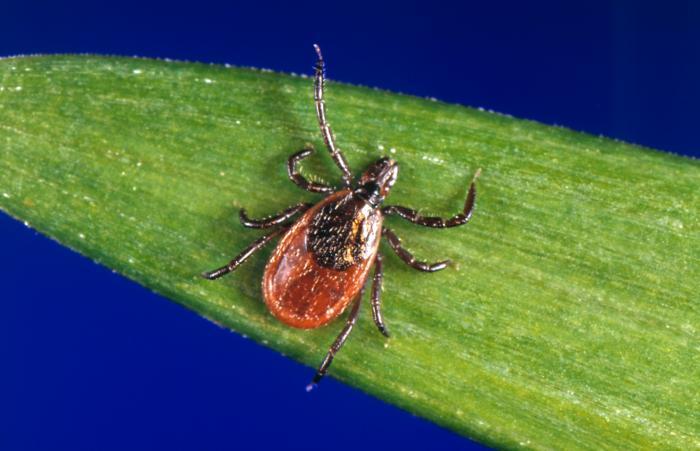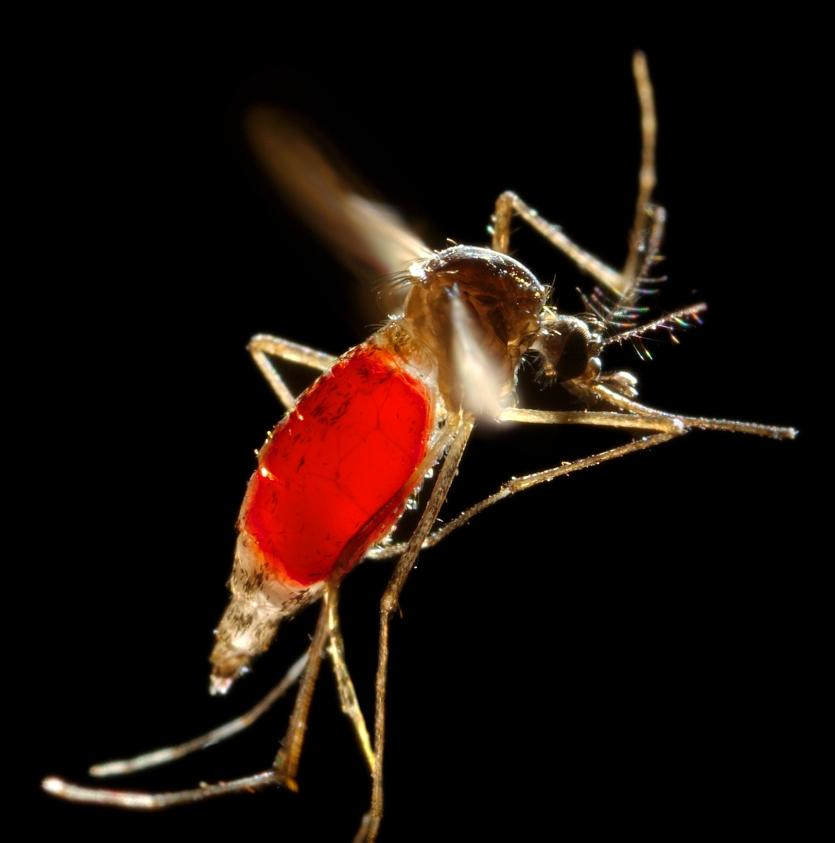
New recommendations from the National Academies of Sciences, Engineering, and Medicine are asking scientists to dive into available evidence in an effort to investigate treatments to ease the fatigue, pain, and "brain fog" that affect 10% to 20% of people long term after contracting Lyme disease.
The recommendations for people living with Lyme infection–associated chronic illness (IACI) are published in a 252-page report.
"There is an urgent need to identify and develop safe and effective treatments for Lyme IACI that can restore functionality and quality of life, and it is possible for that work to start now," said Kent Kester, MD, chair of the committee that wrote the report and executive director of vaccine research and development at the Coalition for Epidemic Preparedness Innovations (CEPI), in a National Academies press release. "People living with this condition deserve to have information that allows them to both make informed decisions about their own health and to have safe and effective treatments available to them."
People living with this condition deserve to have information that allows them to both make informed decisions about their own health and to have safe and effective treatments available to them.
Lyme IACI share symptoms common to other IACIs such as long COVID and myalgic encephalomyelitis/chronic fatigue syndrome. But the authors of the report note that only six randomized clinical trials for Lyme IACI have been conducted in the past 20 years.
Five of those trials studied antibiotics, and one studied yoga. None of the six trials showed benefit in terms of symptom alleviation.
Patient-centered research
In order to guide future trials, the authors of the report suggest that researchers focus on asking patients what symptoms are most bothersome to them, and trials should be focused on finding relief of the most common symptoms.
The authors also said future research must use biobanks for data collection.
"While continuing research into the triggers and mechanisms responsible for the development of Lyme IACI is essential, the urgent need for effective interventions requires an enhanced focus on developing therapies to treat those symptoms most debilitating and important to people living with Lyme IACI," the authors wrote.
.jpg)
.jpg)















